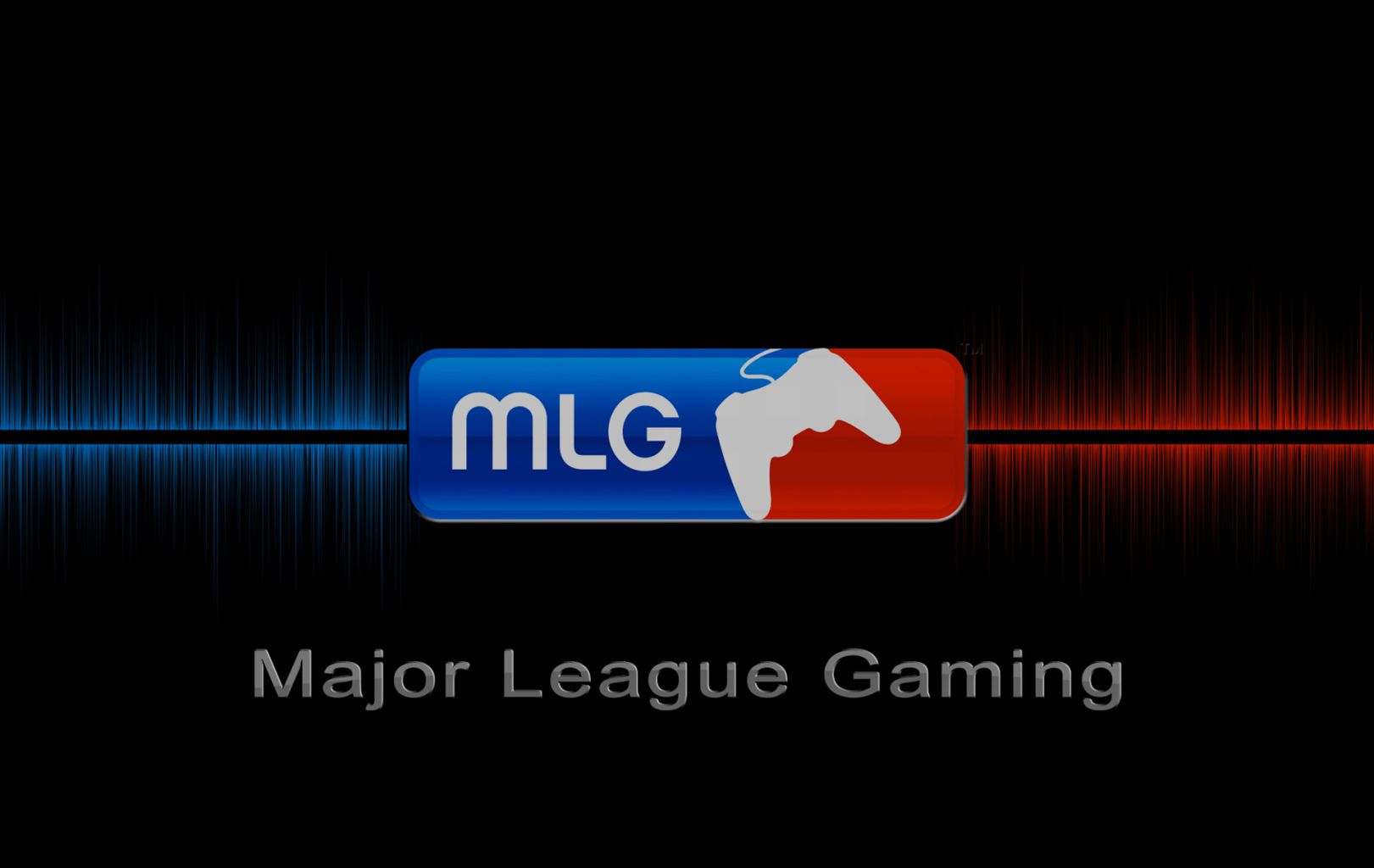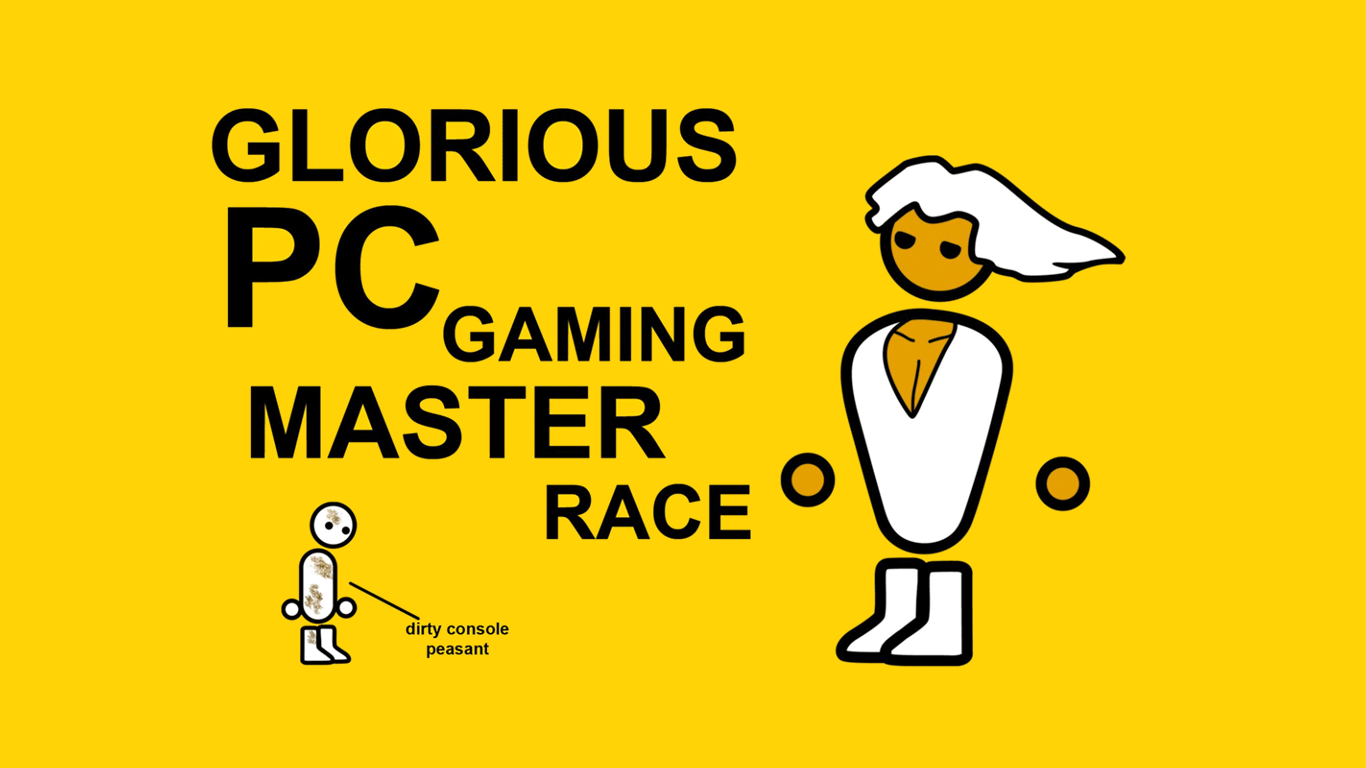By Marcus Graham (djWheat), Dustin Beck (Riot Games), Kevin Lin (Twitch), Jason Ng (Garena Premiere League), Jack Etienne (Cloud 9)
Thursday

MG: There has been a 60% e-sports growth rate in the last 3 years. How has e-Sports evolved for you in the last 12 months?
DB: People can put their careers into this profession. There is a new stability and regularity present.
KL: We had to build tools for pros and casual people view streams on Twitch. You wouldn't see growth if devs didn't support teams.
JN: Imaging the worst internet you've ever experienced. Times that by at least 2. That is what it is like in many places in South East Asia. GPL has had to put infrastructure in to give more internet to players. Already, users are running out of bandwidth just to play League of Legends, not to mention streaming!
JE: Visibility now gives the freedom of teams to select who gets to sponsor a team. 1.5 years ago, League of Legends would have to be explained to possible financial persons; not so anymore!
MG: How does Twitch fit into the ecosystem?
KL: Twitch is a 1-stop shop for distributing and viewing great content. We want to make this a true international pastime. People are starting to view Twitch as much as regular TV.
MG: How about gaming teams?
JE: The personality of players determines the avenue the team will represent.
MG: Now where do tournaments fit today?
JN: Prepare to spend a lot of money when starting a league. In South East Asia, you have to even pay teams at the start. There's also a shortage of shoutcast talent. Finally, getting gamers to understand that this is a job for competitors is hard.
MG: Publishers?
DB: We wanted to create a symbolic league to the game. The game was designed as a sport; LoL is a success where there are paths of aspiration to higher tiers of competition (the League of Legends ranked system).
MG: What's missing from e-sports? What can we do to support growth?
KL: Sponsors! It also relies on audience participation with the groups financing competition. Does the audience ever affect the outcome of games? This is a future game dev question.
JE: Not a lot of educational material to get newbs up to speed is out there. They have to figure out what-the-heck is going on quickly by themselves.
DB: There's no central location to get an overall rundown of what has happened in a game. Espn.com and SportsTV are good examples of what is out there for non-digital games.

Audience Q and A:
What are the demographics of players and viewers?
DB: The age is concentrated in the 18-28 range, with 80-85% being male viewers and 70% being college educated.
KL: 18-35, with most being male. The percentages by continent vary, but none are above 35% of the total viewership on Twitch. Otherwise, we are, by nature, reaching a technically savvy audience.
Have you thought of reaching out on the educational level for instructing potential players earlier?
KL: We've given college scholarships for players.
MG: (To the panel.) Do you feel this is something we don't need to rush into?
DB: Video games are still stigmatized in the public eye.
JE: The reflexes needed for competing in e-sports are around the 17-22 year-old range. You may need to postpone educational plans if you are going to be playing.
JN: Vietnam is super hostile to games in general, so getting into school is difficult. (Vietnam had banned all video games, lifting the ban only just a few years ago.)
How will console and mobile be as major as PC gaming?
JN: Access to consoles is harder in some Asian countries. Gamers aren't necessarily picky of their platform, so long as they can get their entertainment.
KL: If it was just a question of access, mobile should be huge; it isn't, at least not yet. How do you make it fun to watch?
MG: There's a natural segregation on consoles. It's a a huge problem keeping consoles from reaching PCs.

What is your opinion on including fighting games? What do you think of athletic players playing e-sports?
DB: I don't get why there is a clash. There's a lot of room for other games in e-sports. As for the second question, I have a lot of respect for them.
MG: How long until e-sports players have a huge following as traditional sports?
JE: We are pretty close. It continues to grow!
DB: Our players can interact while playing and streaming already!
KL: It has to be an authentic passion to play that brings people to the game.
JN: When a team won EPA, they were as big as any icon in Asia.
How did you come to define League of Legends as a sport? What are the advantages/disadvantages of making a competitive game?
DB: Sport and competition are the foundation of the team (at Riot Games).
JN: A competitive game makes more sense since you can't make content fast enough! Don't sell power, so players can then become the content.
How would e-sports on TV affect the scene?
KL: We want to be unrestricted with our contact. Can e-sports make the TV transition? Yes. Does it need dev and design thoughts? 100%. How do you monetize on a television?
JN: TV is low definition. Fighting for a shared screen is another problem (other people in a home wanting to watch TV).
DB: Regional preference. It's already easy to go online. Again, a lot of fighting over the airwaves would result.
How can we get younger players in earlier?
JE: We already can! There's a place for a huge age range in games.
JN: People will get better faster.
KL: We are breaking down the stigma now!

No comments:
Post a Comment